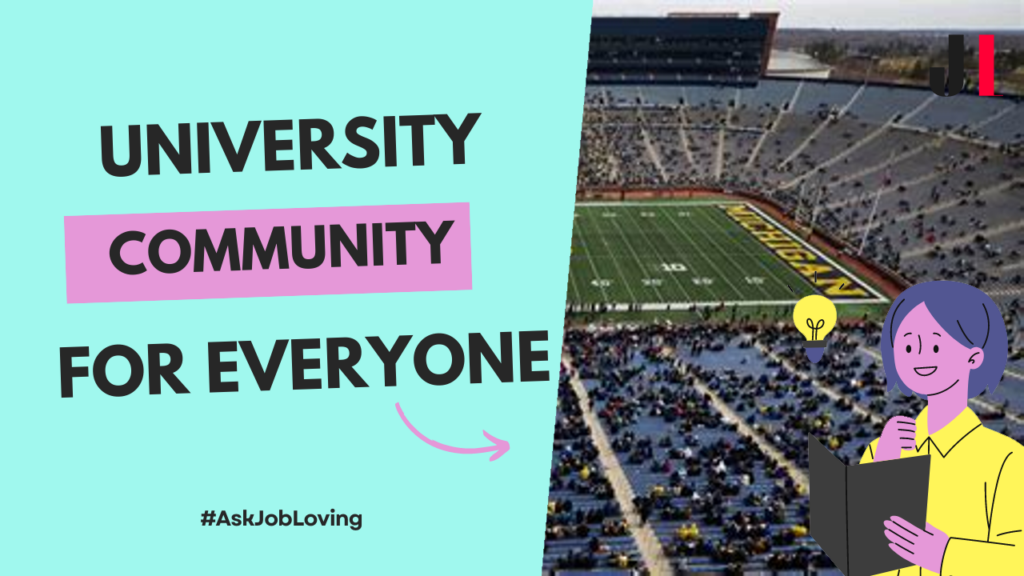Why is the University of Michigan Football Game Delayed?
When you hear the buzz about a football game delay, questions usually flood your mind—especially when it involves a powerhouse like the University of Michigan football team. As fans gear up for game day, it can be frustrating to learn that the stakes they’ve been anticipating might get postponed. So, what exactly is causing the delay?
The primary reason for any delay often hinges on official NCAA decisions or issues with game management. Recently, Michigan faced a disruption due to a violation of the sportsmanship policy by their program. The Big Ten Conference has protocols in place to maintain fairness and integrity within the sport. When incidents arise, such as disciplinary actions against key figures or program-wide issues, the schedules can get thrown for a loop. Michigan’s circumstances have led to apprehensions about how games would unfold smoothly.
Additionally, another contributing factor comes from logistical complications. The coordination between team schedules, travel arrangements, and media coverage can sometimes throw every planned minute out of whack. For instance, if there’s an unforeseen delay involving transportation logistics—like an unpunctual AA to Chicago train—it compounds the uncertainty surrounding kickoff times. These are often last-minute decisions that affect not only teams but also thousands of eager fans.
A Perfect Storm of Timing Issues
To add to the complexity, consider this: Michigan happened to be on a bye week rather than facing opponents down on the field. Can you imagine how much more chaotic the situation would be if this delay had unfolded during an actual game? Thank goodness for that bye week; it’s almost as if fate played its hand to make this scenario just a tad easier to navigate!
Moreover, there have been talks surrounding Coach Jim Harbaugh’s future contracts and his request for immunity from termination caused by NCAA sanctions. Any shift in leadership can definitely impact how teams operate and schedule ahead. If key figures aren’t present on game days as dictated by recent disciplinary actions, it creates additional wrinkles that affect performance and planning alike.
In Conclusion
While dealing with delays can be quite frustrating for fans longing to see their favorite team in action, it’s good to remember that these decisions stem from a desire to uphold athletic integrity and fairness. As the University of Michigan navigates through logistics, policies, and unexpected scenarios like this one, they ultimately aim to set a standard in collegiate sports.
If you find yourself wondering about more insights or going deeper into why the University of Michigan football game was delayed, don’t hesitate to connect with us at JobLoving community—we’re here to assist you with answers and resources!

